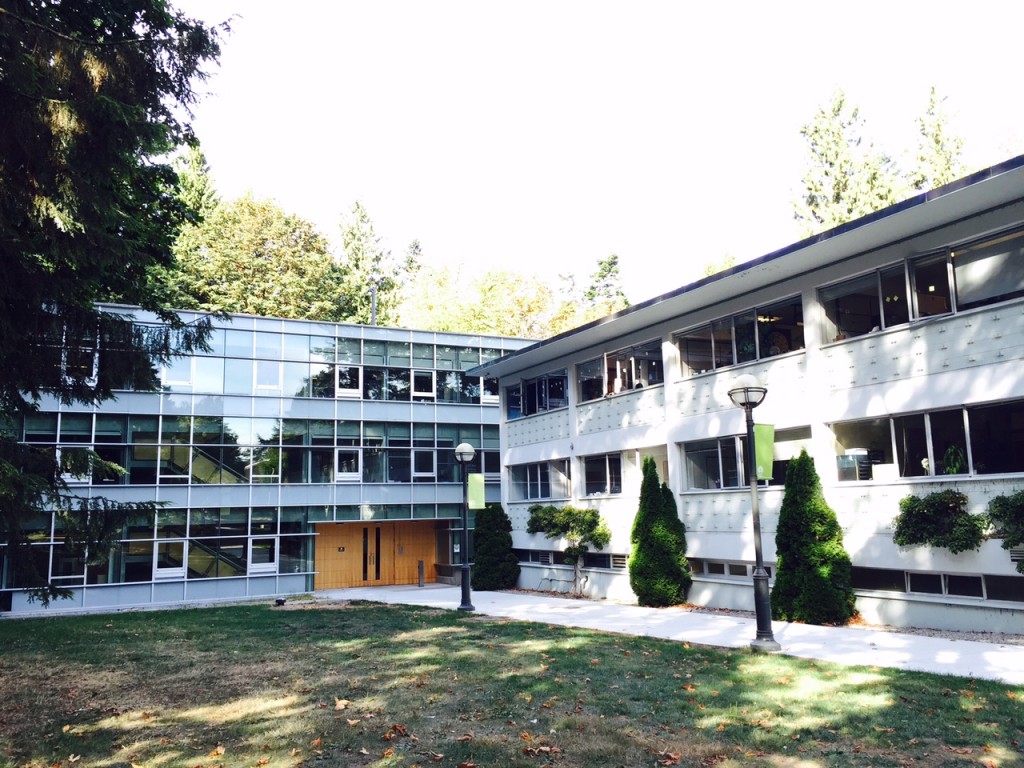The Canadian Network for Research on Terrorism, Security, and Society delivered its second Summer Academy in July, 2015. The goal of this one-week intensive program is to help graduate students and government officials gain a basic understanding of the issue of national security and its relationship with Canada’s rapidly changing society. Close to 50 people attended the Academy, either as presenters or students.
The first day of the program provided basic foundations for the rest of the week, starting with a history of terrorism in Canada and a very moving statement by the son of a victim of the Air India attack in 1985, and ending with presentations on the legal backdrop to national security and a ‘map’ of the parts of the Canadian government that deal with this issue.
We focused more fully on the government response on the second day, with presentations from senior officials of the Canadian Security and Intelligence Service, the RCMP, and Citizenship and Immigration Canada, detailing their security-related activities and highlighting the ways they collect information and assess its validity.
Next, on the third day of the Academy, we turned to research, with presentations on how we can best understand the radicalization process, how to conduct research with/within communities that are the subject of enhanced surveillance (i.e., those that are believed to be vulnerable to radicalization), and how to study national security from an institutional perspective, which included a discussion of a critical approach to terrorism studies.
The theme of the fourth day was more practical/operational, looking at the process of public engagement over national security. This included a presentation on how security concerns intersect with social and cultural change in Canada, noting the social policy process generally, and law enforcement agencies in particular, often operate with a dated understanding of Canadian society. Presentations were also provided on the concept of ‘countering violent extremism’ (CVE) through engagement between security agencies and civil society, both in Canada and internationally, using three case studies (the Global Counter-Terrorism Forum and its creation of the Hedayah Centre of Excellence for research on CVE; local CVE initiatives in Vancouver; and the newly-established Centre for the Prevention of Radicalization.
The final day of the Academy examined the issue of protecting ‘critical infrastructure’ and an extended case study of the bomb attack in Oklahoma City in 1995, which enabled us to discuss the process of recovering from a terrorist incident.
The intent of the Academy was to meld conceptual and practical issues, and to do so in an atmosphere that facilitated sustained discussion and social interaction. Over the week, participants learned a great deal about the issues under consideration and how each of them presents basic dilemmas for research, policy, and practice. These dilemmas are both ‘bureaucratic’ (i.e., how to spend scarce public money wisely) and also ethical (i.e., how to enhance public safety while also protecting basic freedoms and avoiding social harm). The fact that participants came from a highly varied set of backgrounds and institutional positions added a great deal to the experience, and provided participants with a new set of professional connections.
Professor Dan Hiebert
Photo by Mimi Yu



